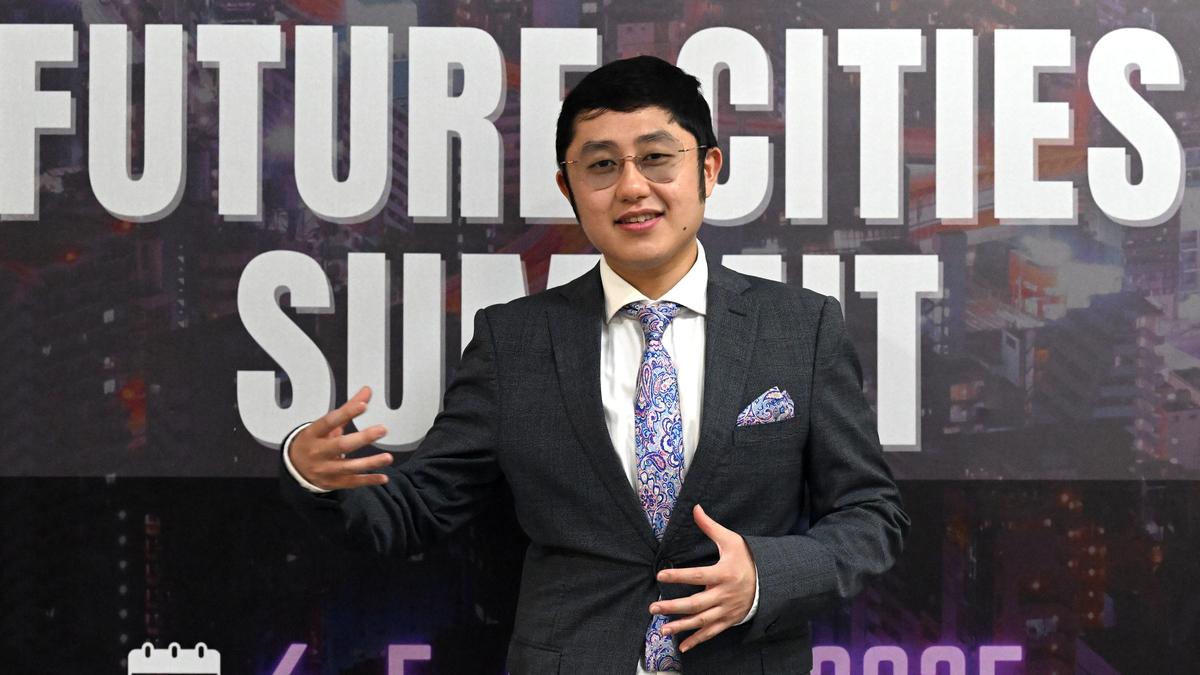
Smart living for future is to make the internet sustainable, says Greenie Web founder
The Hindu
Greenie Web, a Singaporean company, focuses on decarbonising the internet through efficient coding, targeting a greener future for technology.
Ian Chew, a 28-year-old entrepreneur and founder of Greenie Web, delivered a masterclass on ‘Decarbonizing the Internet’ at the Indian Institute of Technology Madras as part of the Future Cities summit during the ongoing tech fest, Shaastra.
Low carbon computer code as against regular carbon computer code would enable a greener web as the former will allow websites, block chains, mobile applications and software to function with the same efficiency but with lower energy, data and by extension lower carbon consumption, he says.
Greenie Web is the third company in the world that works on reducing carbon footprint on the internet and the first to use AI to create low carbon computer code. “We measure carbon footprint of the line of computer code and rectify it,” he explains.
A client can upload their computer code to the company’s AI tool, which then maps how the same line of computer code can be done in the most efficient way. The tool removes unnecessary data that ultimately reduces the energy consumption of the end servers, he says.
Greenie Web is working with companies to improve visibility for the elderly of animations used for their consumption. “The iris of elderly people reacts differently to light as compared to younger persons. This difference relates to how people perceive animation,” he says. Therefore, when companies create websites, mobile applications and internet-based tools that rely on animation they use the same standards for the older population though the latter demographic can perceive the animation at lower speed. By providing demographic-specific animation carbon code footprint can be reduced, Mr. Chew says.
Greenie Web is working with governments in Southeast Asia and Fortune 500 companies in Africa. “When we are thinking of low carbon code we are thinking of the future of technology,” he says. To him IIT Madras’ Shaastra was thus the natural choice.
By teaching young students who would ultimately be industry leaders, he believes they will remain aware of the issue and automatically opt for lower carbon footprints. India is still in the early days of digitisation. So, it could do it right the first time, unlike the other societies that must change their systems to move forward, says Mr. Chew, a non-practising medical graduate, who learnt coding on his own.













